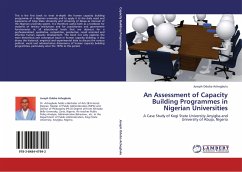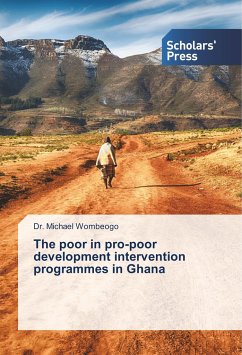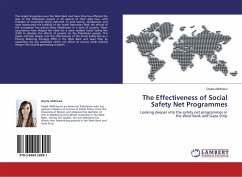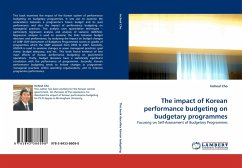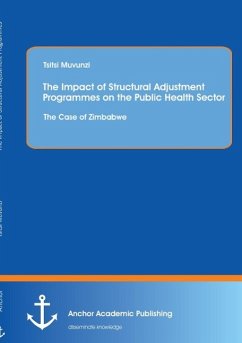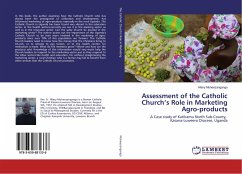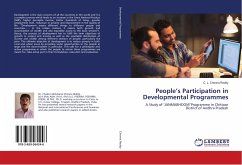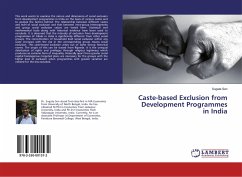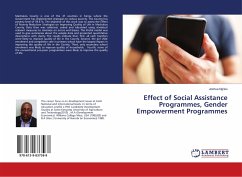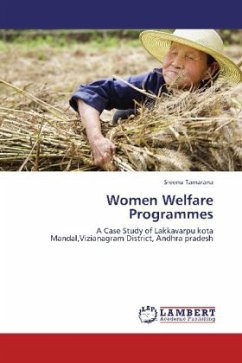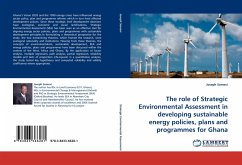
The role of Strategic Environmental Assessment in developing sustainable energy policies, plans and programmes for Ghana
Versandkostenfrei!
Versandfertig in 6-10 Tagen
52,99 €
inkl. MwSt.

PAYBACK Punkte
26 °P sammeln!
Ghana's Vision 2020 and the 1990 energy crises have influenced energy sector policy, plan and programme reforms which in turn have affected development actions. Since these strategic level development decisions have ecological, economic and social ramifications, Strategic Environmental Assessment (SEA) has been seen as an effective tool for aligning energy sector policies, plans and programmes with sustainable development principles.In formulating a theoretical perspective for the study, the two overarching theories, which framed the research, were ecological rationality and institutions. Flow...
Ghana's Vision 2020 and the 1990 energy crises have influenced energy sector policy, plan and programme reforms which in turn have affected development actions. Since these strategic level development decisions have ecological, economic and social ramifications, Strategic Environmental Assessment (SEA) has been seen as an effective tool for aligning energy sector policies, plans and programmes with sustainable development principles.In formulating a theoretical perspective for the study, the two overarching theories, which framed the research, were ecological rationality and institutions. Flowing from these theories, the concepts of environmentalism, sustainable development, SEA and energy policies, plans and programmes have been discussed within the context of the West, Africa and Ghana. By the application of factor analysis, multiple regression, path analysis, partial regression, reliability models and tests of proportion (chi-square) in a quantitative analysis, the study tested key hypotheses and computed reliability and validity coefficients where appropriate.



